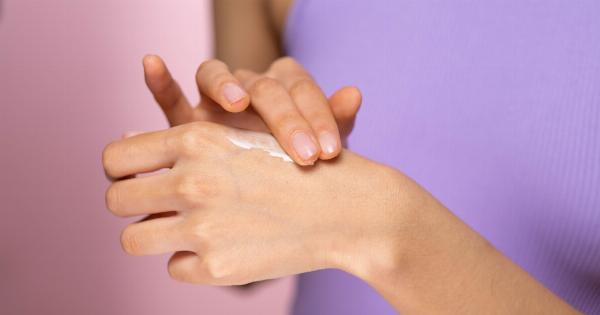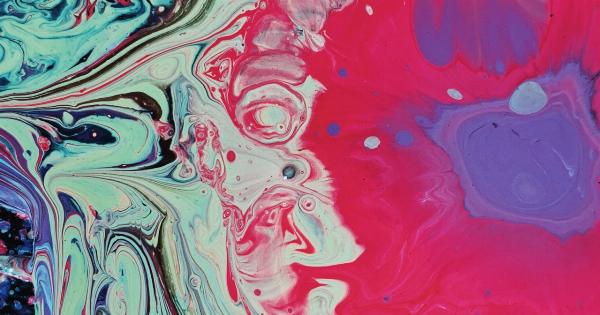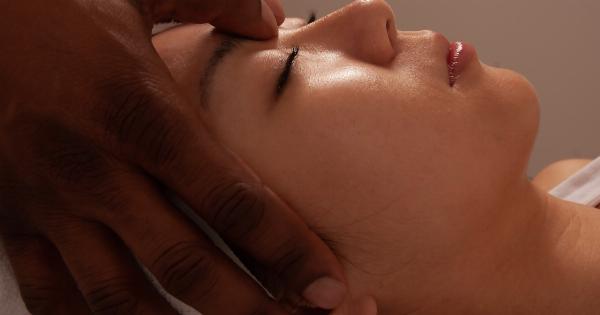The Coronavirus outbreak has forced us to wear masks as one of the preventive measures to limit the spread of the virus. Wearing face masks can lead to skin problems, including acne, rashes, and irritation.
However, these problems can be prevented by taking protective measures to minimize the impact of mask-wearing on our skin. In this article, we will provide tips on how to protect your skin when wearing a mask.
Cleanse Your Skin
Cleansing your skin is one of the most primary steps to protect your skin. Make sure your face is always clean and free from dirt and oil. Use a gentle cleanser to wash your face at least twice a day, morning and night.
This will help to remove any impurities from your skin and reduce the risk of clogging your pores.
Moisturize Your Skin
Wearing a mask can dry out your skin as it traps moisture, making the skin feel dehydrated. Make sure to moisturize your skin before wearing a mask to help retain moisture.
Use a good quality moisturizer that provides hydration to your skin and has ingredients such as ceramides, glycerin, or hyaluronic acid that help to lock in the moisture.
Use a Barrier Cream or Ointment
A barrier cream or ointment can help to protect your skin from the mask’s friction. Apply a thin layer of barrier cream or ointment, such as petroleum jelly or zinc oxide, to the areas of the face that will be covered by the mask.
This will help to reduce irritation and chafing, and protect the skin’s natural barrier.
Choose a Soft, Breathable Mask
Choosing the right mask is crucial to prevent skin problems. Look for soft, breathable masks made of cotton or other materials that aren’t irritating to your skin. Avoid masks made of synthetic materials, which can cause sweating and irritation.
Also, make sure that the mask fits well and isn’t too tight, as this can cause pressure and irritation to the skin.
Take Breaks from Wearing the Mask
Take breaks from wearing the mask whenever possible. If you’re in a safe area where social distancing is possible, remove your mask for a few minutes to give your skin a chance to breathe.
This will help to avoid skin irritation and reduce the risk of acne, rashes, and other skin problems.
Wash and Change Your Mask Regularly
Wash your mask regularly with a gentle soap or detergent. Avoid using harsh chemicals or bleach, as this can damage the fabric and affect the mask’s effectiveness. You should also have a supply of masks so that you can change them frequently.
This will help to avoid the buildup of oil, dirt, or bacteria that can cause skin problems.
Avoid Wearing Makeup Under the Mask
Wearing makeup under the mask can lead to clogged pores and aggravate skin conditions like acne. If you have to wear makeup, use lightweight, non-comedogenic, and oil-free products.
You can also consider skipping makeup for the time being, as it could lead to skin problems that you don’t want to deal with while wearing a mask.
Avoid Touching Your Face
Skin problems can arise when you touch your face with dirty hands. Avoid touching your face as much as possible, or only do so when your hands are clean.
If you have to adjust your mask, wash your hands before doing so, and remove the mask from the ear loops rather than touching the fabric.
Conclusion
Wearing a mask can cause skin problems, but it doesn’t have to. By following the above tips, you can protect your skin from irritation, chafing, and breakouts.
Remember to always keep your face clean, moisturized, and protected with a barrier cream or ointment. Choose a soft, breathable mask that fits well, and avoid wearing makeup under the mask. If you experience severe skin problems, talk to your dermatologist for treatment options.































